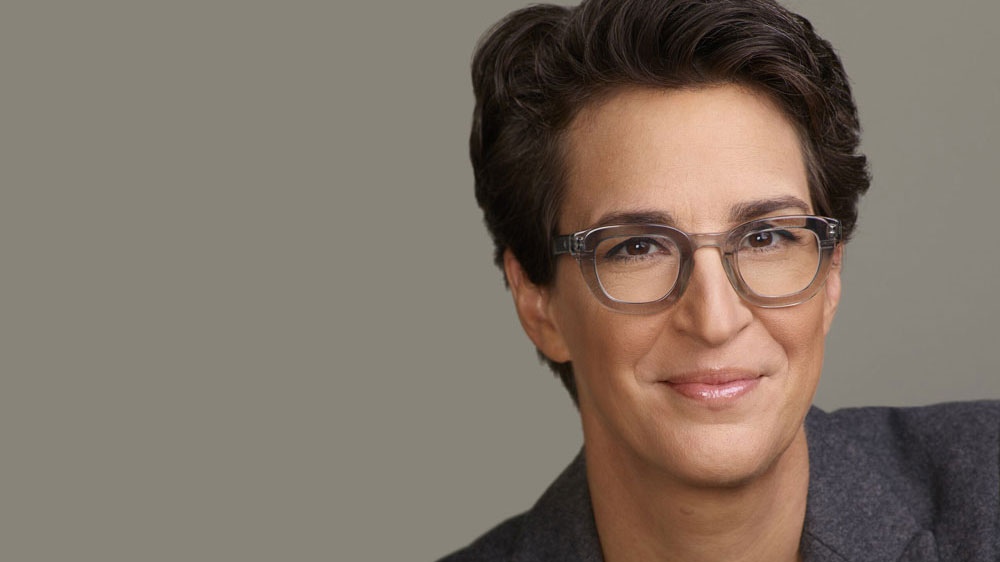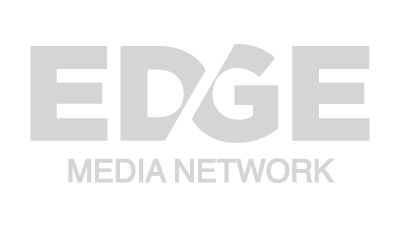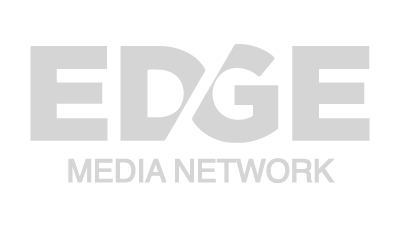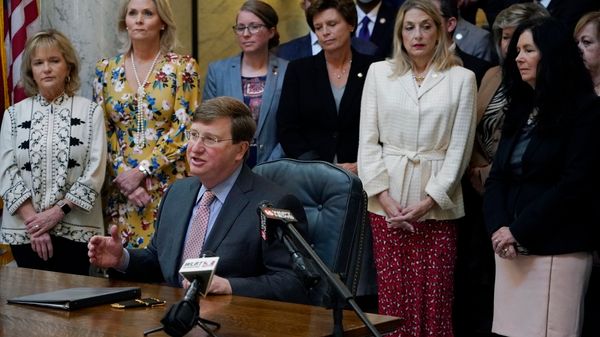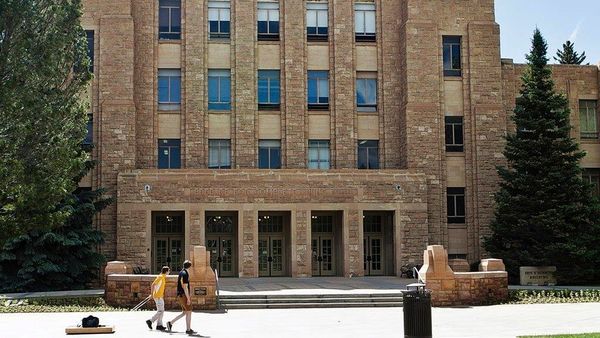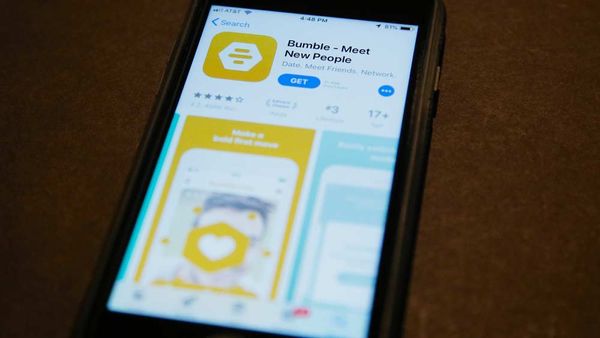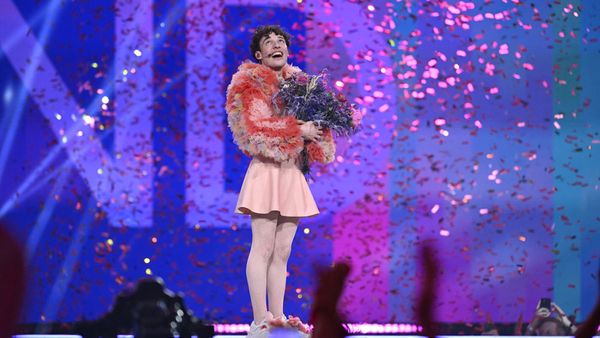
February 12, 2017
Support Seen for LGBT Rights March in DC
Sari Staver READ TIME: 4 MIN.
A recently announced National Pride March, set for Sunday, June 11 in Washington, D.C., has gathered a "groundswell of support" around the country, according to Sue Doster, co-president of InterPride, the international organization of over 70 Pride groups.
In a telephone conference call February 4, Doster told some 60 representatives from local Pride organizations that the event, announced in late January via a Facebook page, was launched by a gay Brooklyn activist, David Bruinooge ( https://www.facebook.com/search/top/?q=national%20pride%20march).
The event, still in the planning stages, is not officially affiliated with Pride, said Doster on the call. Bruinooge, in response to a query from the Bay Area Reporter, said he could not comment on any specifics "until we have a platform formed that is representative of our diverse community and one that is formed with all the voices at the table."
He recently told the Washington Blade that he got the idea after the successful January 21 Women's March in Washington that was held the day after President Donald Trump's inauguration.
"And in the back of my mind as an openly gay man I thought the gay community should be doing something like this to follow up on the momentum," he told the Blade.
Since he announced the event in late January, over 28,000 people have "liked" the Facebook page.
On the conference call, which was moderated by Doster, a number of people from Pride organizations expressed concerns that the Washington, D.C. event might detract from local Pride celebrations and were frustrated that the march was announced without consultation with any Pride officials. Some 80 percent of Pride groups hold their local celebrations in June, according to Doster.
But others on the call thought the national march would be an effective complement to local Pride celebrations and could attract younger members of the LGBT community who find Pride celebrations too commercial and mainstream.
The June 11 march coincides with the date for Capital Pride, the local event in Washington, D.C. Peter Morgan, a spokesman for Capital Pride, said that the D.C. group was not an "official sponsor" of the National Pride March but would "likely be involved" in the planning, along with other LGBT organizations.
"We are figuring it all out right now," said Morgan.
Capital Pride has its parade scheduled for Saturday, June 10 and a festival and concert for Sunday, June 11.
Officials from the San Francisco LGBT Pride Celebration Committee are "still collecting facts regarding the plans that are being formulated in D.C. and around the world as they relate to a global LGBTQ march on June 11," said George Ridgely, executive director of San Francisco Pride, in an email responding to an inquiry from the B.A.R.
Ridgely said SF Pride officials have also been in communication with Dyke March and Trans March - as the three largest events on Pride weekend in San Francisco, which will be held June 24-25.
"We want to make sure we are coordinating our efforts," Ridgely said.
By way of background, Doster said there have been five marches for LGBT rights in Washington, D.C. since 1979, when the first one drew between 75,000-125,000 people. The marches in October 1987 and April 1993 each drew an estimated half million people, while the April 2000 Millennium March on Washington attracted between 200,000 and 1 million people, she said. The National Equality March was held in 2009 and drew tens of thousands of people.
The recent Women's March and its affiliated marches in cities around the world "that inspired all of this" in many ways "set a new bar for cooperative protests," Doster said.
The Women's March in Washington "conservatively" drew 440,000 to 500,000 people, more than double the number that were expected, she said. Doster said a New York Times article estimated that the Women's March in Washington drew three times the number of participants, compared to Trump's inauguration the day before.
In total, between 3.3 and 4.6 million people participated in the march in more than 500 cities in the U.S., the vast majority from towns with population under 50,000 people, Doster said. There were a total of 673 sanctioned marches worldwide, bringing the total number of participants to over 5 million from 70 countries on all continents. The entire event was put together in less than six weeks, she said.
The Women's March was organized "without an existing structure in place," Doster noted. But because "people have been doing Pride celebrations for over 40 years," a large-scale event such as the one recently proposed "needs to work with Pride" organizations, she said.
Doster said she has been in touch with Bruinooge and has been a part of other telephone conference calls with Pride groups who were "deeply concerned" that a national march would "negatively impact" sponsors of local Pride celebrations. Pride representatives said they worried that "potential attendees would go to D.C. instead" of attending their local celebrations, she said.
According to Doster, no sponsors have been announced for the National Pride March.
"It will be more of a grassroots" event, she said, probably run by a steering committee, much like the Women's March was, she predicted.
"No one group would have a controlling interest," she said.
The board of directors of InterPride intends to do "whatever we can to minimize the negative impact" on their member Pride organizations, Doster said.
The National Pride March "will happen with or without us," she said. "If we work with the leadership" of the national march, "we can make this event better."
InterPride "will work with other national and international organizations to shape the message," she said.

